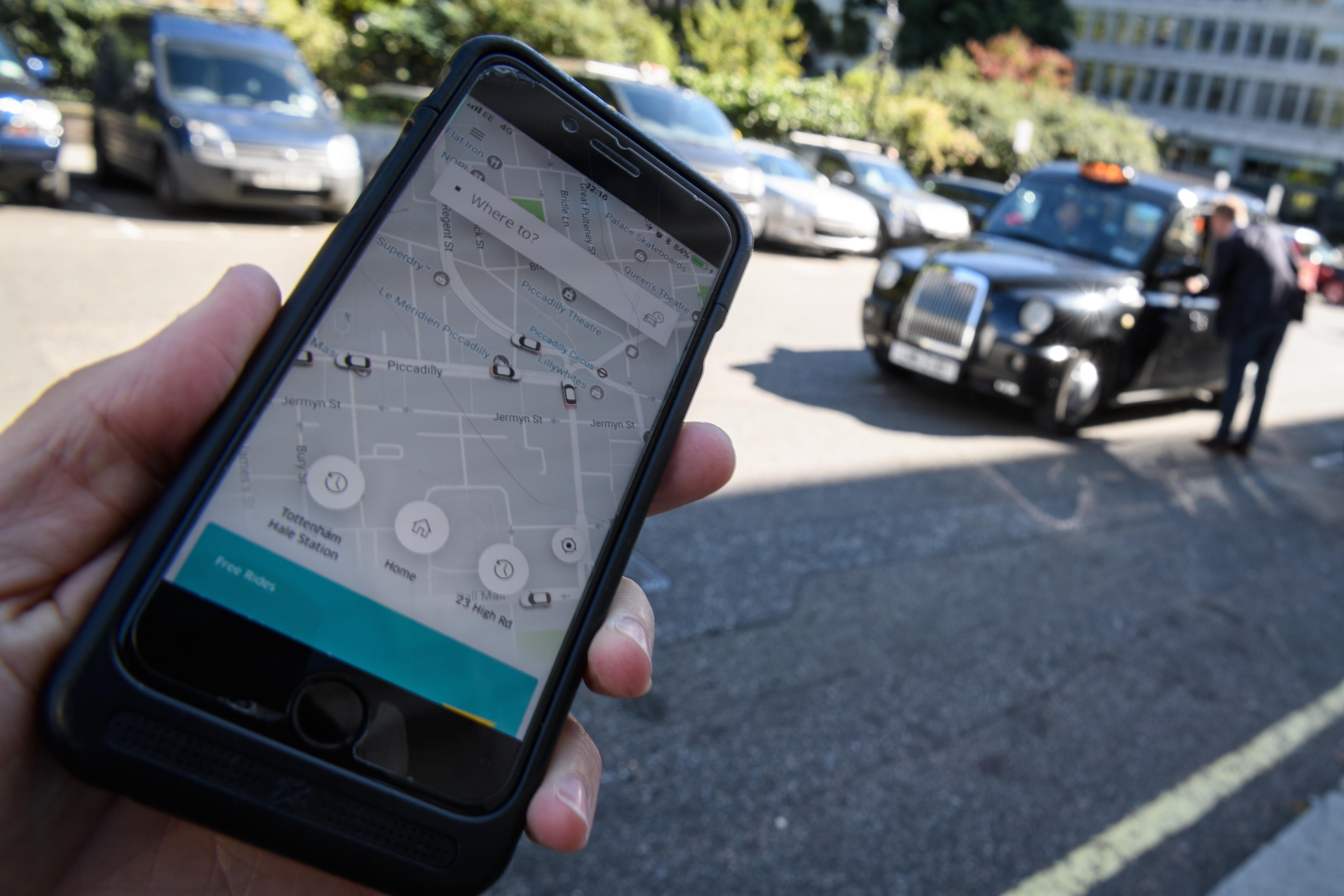Starting in October, Londoners may have one fewer way to get around town.
It will be the first month since 2012 that Europe’s largest city goes without Uber, whose license to operate will expire on Sept. 30. Transport for London, the city’s transportation department, will not renew it, the agency announced on Friday.
It’s a massive blow to Uber, which has 40,000 drivers in the British capital. The company has three weeks to appeal and may continue operating while the appeal is considered.
The ride-hailing company has already done significant damage to London’s black cabs, a guildlike profession whose drivers must memorize 25,000 streets in a test that has been shown to expand the size of their hippocampus, the region of the brain responsible for spatial thinking. There are twice as many Ubers as black cabs in London; the cabbies have nicknamed Transport for London, known by its acronym TfL, “Totally Failing London.” As in many cities, cabbies are upwardly mobile, small-time entrepreneurs who say Uber has precipitated a race to the bottom. Adding to the tension is the fact that many Uber drivers are immigrants; cabbies tend to be native and white.
But TfL’s opposition to Uber is not with its business model, but with its corporate governance. In a press release, the body cited Uber’s fast-and-loose approach to crime reporting, medical certificates, and background checks, in addition to its use of Grayball, a software that helped the company evade police scrutiny.
So while London’s approach to Uber may wind up as one anecdote in a series of stories of European regulators willing to take on U.S. tech companies, it’s much more an Uber-specific problem. The company’s aggressive disregard for local laws was instrumental in its expansion and operation, but that was during the Travis Kalanick era. New CEO Dara Khosrowshahi, who was appointed last month, has signaled the arrival of a more mature company.
This is his biggest test yet. In the past, Uber has responded to legal setbacks with scorching PR campaigns that have largely succeeded in getting the company what it wants. When New York City challenged the company several years ago, for example, it enlisted local celebrities in its defense. A year of terrible press may have strained that model. Still, tens of thousands of Londoners have grown to depend on the company, whose fares can be 30 percent lower than typical black cabs. (Lyft, Uber’s main U.S. rival, does not have international service—though the company has said it plans to expand.) If those inconvenienced riders are outraged enough, they may be able to pressure TfL to accommodate Uber, leading other municipal regulators to go easier on the company, too.
An Uber exit from London would hurt the company’s image and its bottom line. But the real victims will be its tens of thousands of drivers, many of whom will have taken on auto debt to buy new cars to drive for Uber.
Uber’s in a good position, with its recent leadership shuffle, to politely make the case its governance ain’t what it used to be. The last time it left a major city was in 2016, when Austin, Texas, instituted a strict new background check rule. In the absence of Uber and Lyft, a homegrown ride-hail scene bloomed. But after the Texas Legislature pre-empted the city this summer, Uber and Lyft returned—and quickly recaptured their market share.
